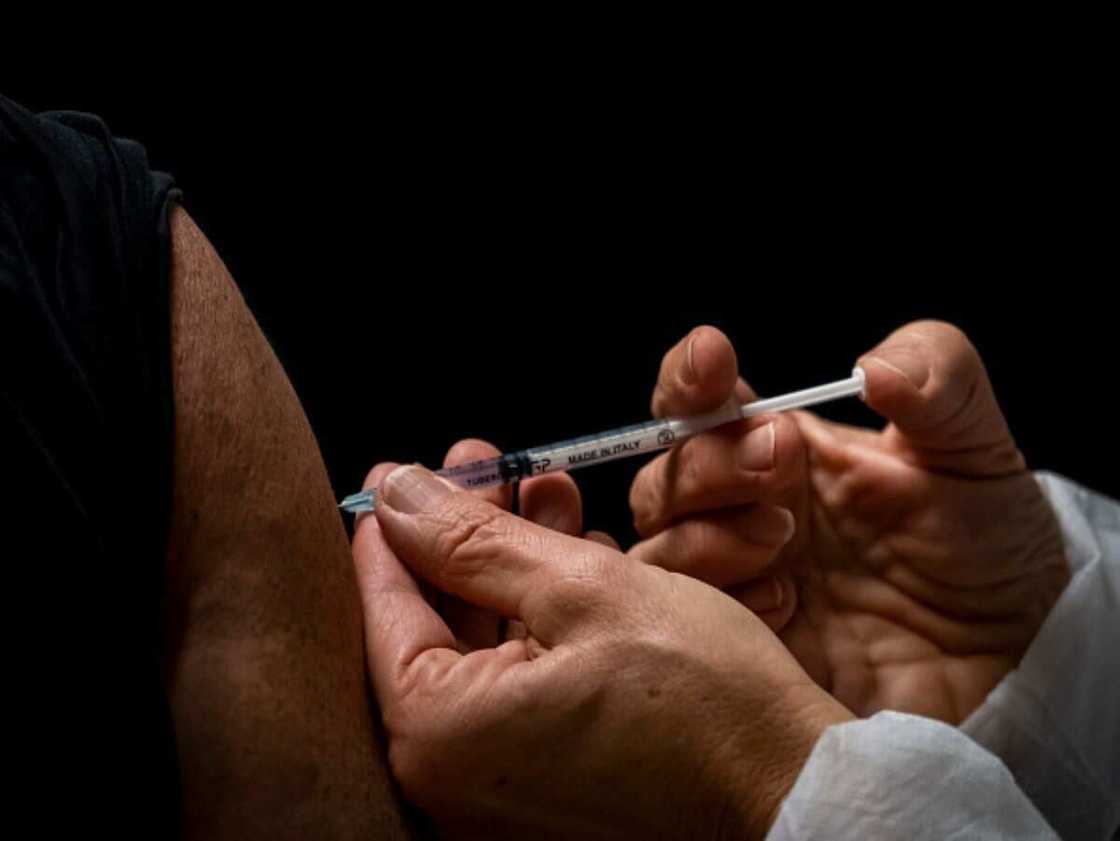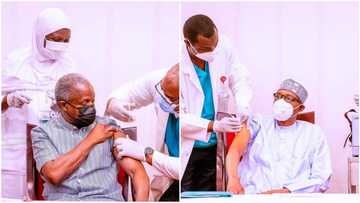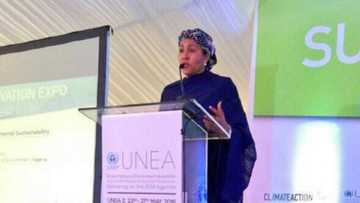10 facts about the COVID-19 vaccine everyone needs to know
- The COVID-19 vaccine is now being distributed globally, bringing hope for the end of the coronavirus pandemic
- Healthcare professionals say it is crucial for Nigerians to avoid misinformation about the vaccine.
- Legit.ng has listed 10 important facts from health experts concerning the vaccine
PAY ATTENTION: Join Legit.ng Telegram channel! Never miss important updates!
Vaccines to prevent COVID-19 are perhaps the best hope for ending the pandemic which has held the world hostage since 2020.
Nigeria is yet to receive any vaccine, but federal authorities say the first batch will arrive in the country in March 2021.
While a lot of Nigerians are looking forward to the vaccines, others are indifferent, while some others simply don't care.
In the past, Nigerian health authorities have struggled to convince locals to receive other vaccines like yellow fever and polio due to religious and cultural beliefs that influence the decisions of some citizens to participate in such initiatives.

Source: Getty Images
PAY ATTENTION: Install our latest app for Android, read best news on Nigeria’s #1 news app
As the country looks forward to receiving the first set of COVID-19 vaccines, Legit.ng lists 10 frequently asked questions about the coronavirus vaccine.
1. What are the benefits of getting a COVID-19 vaccine?
Getting a COVID-19 vaccine can help protect you by creating an antibody response in your body without your having to become sick with COVID-19. A COVID-19 vaccine might prevent you from getting COVID-19.
2. What COVID-19 vaccines have been approved and how do they work?
a. Pfizer/BioNTech vaccine
This vaccine is for people age 16 and older. It requires two injections given 21 days apart.
b. Moderna vaccine
This vaccine is for people age 18 and older. This vaccine requires two injections given 28 days apart.
3. Can a COVID-19 vaccine give you COVID-19?
No. The COVID-19 vaccines currently being developed don't use the live virus that causes COVID-19. Keep in mind that it will take a few weeks for your body to build immunity after getting a COVID-19 vaccination.
4. What are the possible side effects of a COVID-19 vaccine?
A COVID-19 vaccine can cause mild side effects like pain, redness, or swelling where the shot was given, fever, fatigue, headache, muscle pain, chills, or joint pain. You'll likely be monitored for 15 minutes after getting a COVID-19 vaccine to see if you have an immediate reaction.
5. How are the COVID-19 vaccines being distributed?
Due to limited supplies, not everyone will be able to get a COVID-19 vaccine right away. In the first phase of vaccination, COVID-19 vaccines would be given to health care personnel and senior citizens in Nigeria.
6. Can I get a COVID-19 vaccine if I have a history of allergic reactions?
If you have a history of severe allergic reactions not related to vaccines or injectable medications, you may still get a COVID-19 vaccine. You should be monitored for 30 minutes after getting the vaccine.
7. Can pregnant or breastfeeding women get the COVID-19 vaccine?
So far, there is no research on the safety of COVID-19 vaccines in pregnant or breastfeeding women. However, if you are pregnant or breastfeeding and part of a group recommended to get a COVID-19 vaccine, you may choose to get the vaccine.
8. Is there anyone who should not get a COVID-19 vaccine?
There is no COVID-19 vaccine yet for children under age 16. Several companies have begun enrolling children as young as age 12 in COVID-19 vaccine clinical trials. Studies including younger children will begin soon.
9. Should I get the COVID-19 vaccine even if I've already had COVID-19?
Because reinfection is possible and COVID-19 can cause severe medical complications, it's recommended that people who have already had COVID-19 get a COVID-19 vaccine.
10. Can I stop taking safety precautions after getting a COVID-19 vaccine?
Precautions for avoiding infection with the COVID-19 virus should still be adhered to despite getting the vaccine. The precautions are avoiding close contact, wear cloth face coverings in public places, practice good hygiene, and stay home if you're sick.

Read also
Good news as CDC confirms vaccinated people can meet indoors without following COVID-19 protocols
Meanwhile, on Friday, January 15, the federal ministry of health released new protocols for religious centres to adhere to.
The protocols include 12 updated guidelines for religious gatherings to follow to minimise the spread of coronavirus.
In a related development, following the announcement for the resumption of academic activities for all public and private schools across the country, the federal ministry of education has updated the COVID-19 guidelines for schools.
As part of the new guidelines, the federal government has suspended assembly and visiting days in all the schools.
NIMC: Amidst Covid19 spike, crowd gathers for NIN registration | Legit TV
Source: Legit.ng





